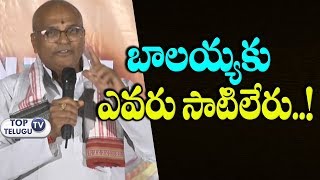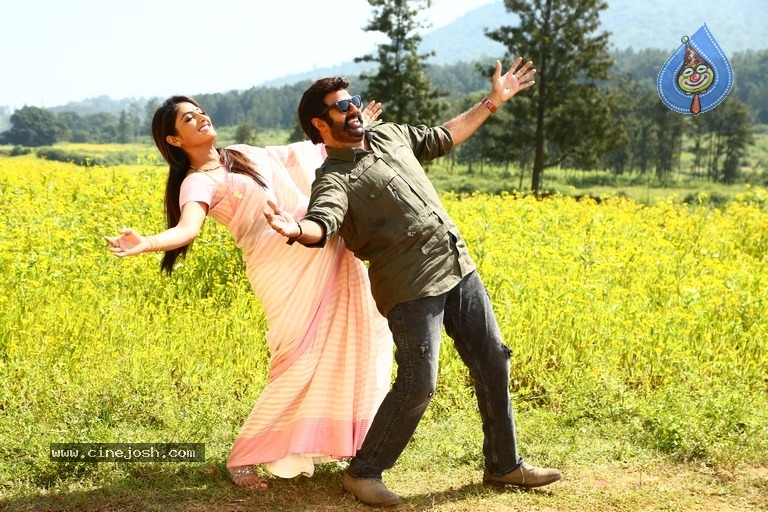


The very few people who take to some form of the views and ideas that these great leaders held are some new print magazines such as Swarajya. It is therefore apparent that we do not have any successor to a Tilak, Bipin Chandra Pal, Aurobindo or Tagore today. Journalist Madhu Trehan in fact has asked if patriotism is a dirty word when “ intellectuals dismiss it as pure jingoism”. There is no self-avowed super-patriot out there who writes a weekly Sunday column in a newspaper rallying for the unfinished cause of National Education (which was close to the so-called “extremists”of the Congress Party of pre-independent India) to introduce Sanskrit to children on a war footing.

While it is true that the great poet meant well and had a general sympathy with all people, I will contend that Tagore, like Aurobindo, Bipin Chandra Pal and so many others who were inspired by Bankim Chandra, bore a deep, almost religious love for the motherland.įirst of all, it is abundantly obvious that any ideas of ‘ nationalism ’ or ‘ patriotism ’ are not at all the subjects of op-eds in any national newspaper today be it the Times of India or The Hindu. While criticising ‘nationalism’, Ram Guha, along with confounding the meaning of the word with something Tagore never meant, has long contended that Tagore was an “internationalist”. I aim to show that Indian leaders of the Freedom Movement used imagery of Hinduism creatively to the end of uniting a diverse people, that far from any xenophobia, they were motivated by their love of all Indians, and that later chants of VandeMataram which may were labelled as having a communal flavour is of no fault of either the author of the song or the likes of Tagore, Bipin Chandra Pal and Aurobindo who saw in it an ideal of national unity. Sometime ago, in a piece titled In Absentia: Where are India ’ s conservative intellectuals? written in The Caravan magazine, Ramachandra Guha claims how views of “Hindu nationalists” border on xenophobia, and how they always allude to religion when talking of India’s past glories. The poet’s own translation from the original in Tamil)


 0 kommentar(er)
0 kommentar(er)
